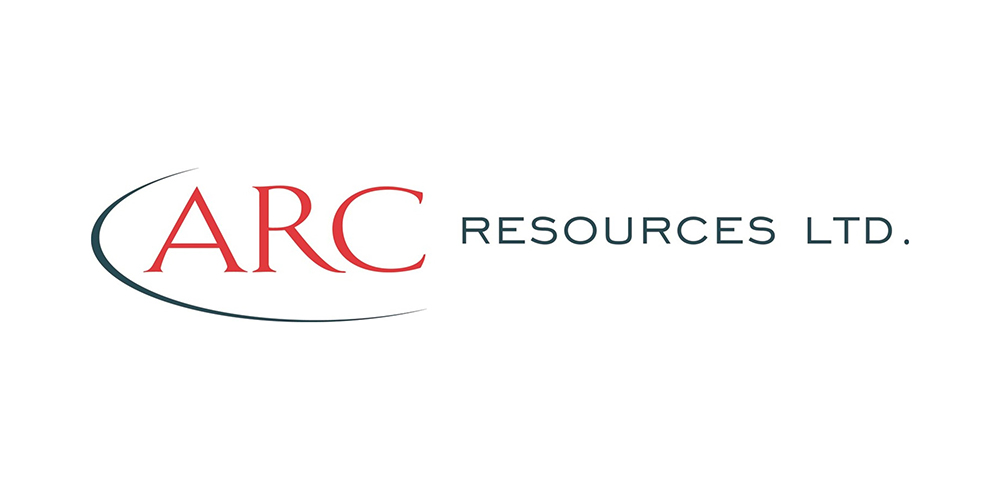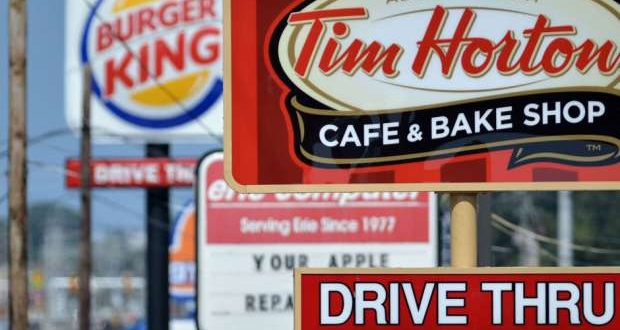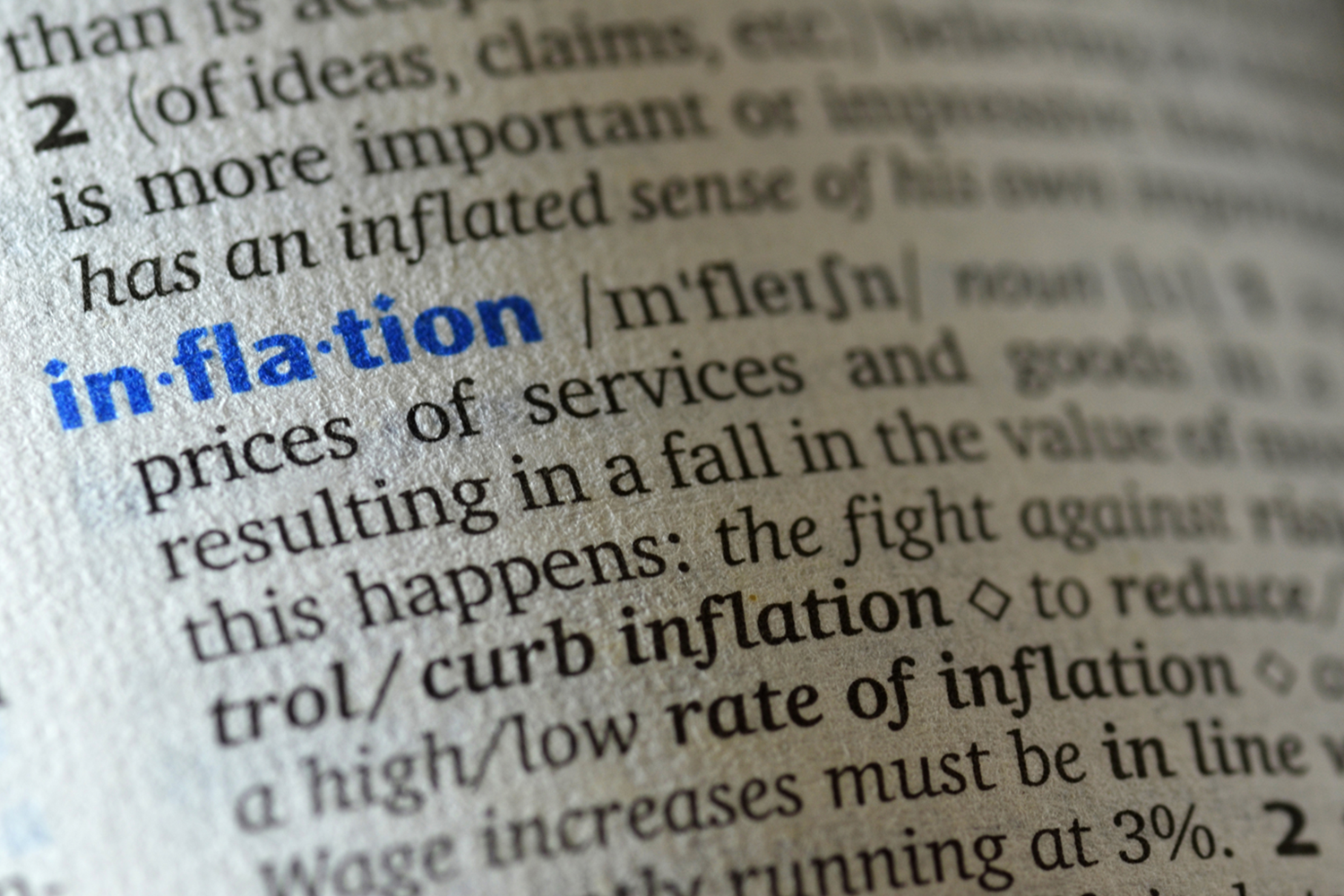by David Zahn, CFA, FRM, Head of European Fixed Income, Franklin Templeton
Angela Merkel’s re-election as German Chancellor was very much expected, but the implications of her victory are harder to predict. Here three of our portfolio managers with a particular interest in Europe share their views on what Merkel’s victory could mean for the region.
Merkel is Likely to Have One Eye on her Domestic Audience
As expected, Angela Merkel was re-elected Chancellor of Germany. The big story for many commentators has been the level of support garnered by the far right Alternative for Germany (AfD) party.
For the first time in more than 50 years, a party of the extreme right has seats in the Bundestag.
Populism Isn’t Dead
In our view, that only goes to prove that despite the results of the French and Dutch elections earlier this year, populism in Europe isn’t dead. It’s just been taking a back seat.
We think it’s important not to overstate the situation: Realistically AfD is unlikely to have a significant influence over policy in Germany in the short-term. And, we would not expect any dramatic response from the bond market to these developments.
However, we think the level of support for AfD does reflect a protest vote from people who have been unhappy with the direction things have been going in Germany. That could have an influence on Merkel’s approach as she looks past her election victory.
Economy Remains the Focus
Mainstream politicians, including Merkel, will likely want to examine the reasons for this increasing support for extreme parties. And they’re likely to want to act to ensure the extremists don’t get an even larger vote next time round.
As we’ve noted before, populism tends to recede when the economy is doing better, but it can quickly re-emerge when discontent sets in. Therefore, we expect the economy to be a major focus of political attention.
People don’t tend to take to the streets when they have food on the table.
But, Merkel may also want to think about her approach to the greater integration of the European Union (EU).
In the past, Merkel seemed cautiously supportive of closer political and fiscal union across the EU. She may now have to think more carefully about how those developments would play with her domestic audience.
On the other hand, given the pro-European credentials of France’s new president, Emmanuel Macron, Merkel is unlikely to do anything that could jeopardise her perceived role as de facto leader of Europe.
Reasons to be Optimistic over the Longer Term
by Dylan Ball, Executive Vice President, Templeton Global Equity Group
Angela Merkel’s victory in the German general election was probably not a surprise to most investors, but the support for extremist parties is likely to raise some eyebrows.
I think the market will be particularly concerned at the support for the populist Alternative for Germany (AfD) party, which secured seats in the Bundestag for the first time.
Some may see the AfD’s rise as a re-emergence of the sort of populism that we saw expressed in the UK Brexit vote and to a degree in the US presidential election.
Possible Higher Volatility in European Equities
Such populist concerns may lead to higher volatility in European equities. As a result, the market is likely to be more defensive and more cautious in terms of valuations. We’d expect the more defensive technology and consumer staples sectors to hold in fairly well, compared with financials or energy stocks.
However, we view this as just one election and think there are reasons to be optimistic from an investment standpoint.
Several core euroland countries are approaching full employment, and with labour capacity starting to tighten, we’re starting to see wages rise.
A widespread economic recovery in Europe should take the wind out of the sails of populism, because political activism has traditionally declined as more people begin to see their lot improving.
Already we perceive European corporate earnings to be in the early stages of a recovery. If we look at the macro backdrop, unemployment across the eurozone is at eight-year lows, while manufacturing leading indicators are at six-year highs.
Earnings Recovery Starting to Come Through
This positive backdrop is helping to underpin the corporate earnings recovery that we’re starting to see come through.
The second quarter of 2017 was the first quarter since the 2007-2008 financial crisis that euroland gross domestic product (GDP) growth was ahead of that of the United States.
With that in mind, we would expect investors could start to unseat themselves from the more defensive areas of the European market.
In time, we’d expect investor focus to switch to more cyclical companies, such as banks, insurance companies, even energy companies and industrials. These are areas in which we’d expect to see some opportunities.
Many of these more cyclical companies are growing earnings from a low base and currently have valuations reflecting that.
What’s Next for Inflation?
Meanwhile, the great missing feature for the equity market in general is inflation.
Currently both the United States and Europe are experiencing growth without inflation. We’d expect even a mere whiff of inflation to exacerbate the cyclical trends we see.
There are some suggestions eurozone inflation is on an upward trajectory, both at the consumer- and producer-price levels. Recent indications of strong consumer spending lead us to expect headline and core inflation should likely continue to move up.
Furthermore, over the past couple of years, we’ve seen inflation fears tend to stoke up and come through at the back end of the year.
Traditionally in Europe, when inflation does start ticking up, earnings start coming back at a faster rate than in other parts of the world. This is due in part to the large proportion of financials and commodity companies in Europe.
We’d expect to see earnings improvement quickly coming through in stock prices.
Merkel’s Relationship with Macron Should be Crucial
by Philippe Brugere-Trelat, Executive Vice President, Portfolio Manager, Franklin Mutual Series
With Angela Merkel re-elected Chancellor in Germany and Emmanuel Macron settling into his role as French president, we think cooperation between the two countries should be very positive for the future of the EU.
Such cooperation is likely to be especially important as the EU’s Brexit negotiations with the United Kingdom move into a higher gear.
We’ve been struck by the degree to which the Brexit situation has actually driven a desire for closer cohesiveness among the other remaining members of the EU, and in particular France and Germany, which are the big drivers.
Merkel is a Known Quantity
Merkel’s track-record means she is considered a known quantity in many ways, but Macron has to earn his credibility.
Macron is a very convinced pro-European and we think he is likely to press on with his agenda to promote a closer European unity. Now we think he suddenly has favourable listeners in Germany.
If Macron can build up a head of steam, then his credibility (relative to that of Merkel) could increase notably. We could see real cooperation between France and Germany in driving the EU structure.
The investment implications of this improved cooperation could be reflected in the financial sector, in the defence sector, and in a number of measures in the infrastructure sector, for instance. This cooperation could also prove beneficial to the wider economy in Europe.
With the German and French elections behind us, we believe there is a whole momentum which is ready to start rolling now that Merkel has a fresh mandate and once Macron has proved he is indeed the man who can deliver on the long-expected reforms both in France and across the EU.
The comments, opinions and analyses expressed herein are for informational purposes only and should not be considered individual investment advice or recommendations to invest in any security or to adopt any investment strategy. Because market and economic conditions are subject to rapid change, comments, opinions and analyses are rendered as of the date of the posting and may change without notice. The material is not intended as a complete analysis of every material fact regarding any country, region, market, industry, investment or strategy.
To get insights from Franklin Templeton delivered to your inbox, subscribe to the Beyond Bulls & Bears blog.
For timely investing tidbits, follow us on Twitter @FTI_Global and on LinkedIn.
Copyright © Franklin Templeton













